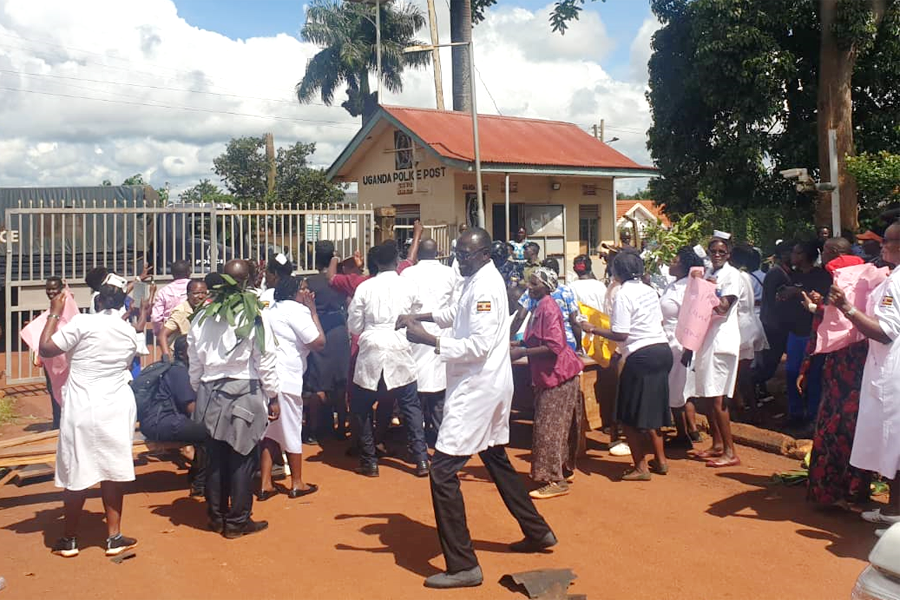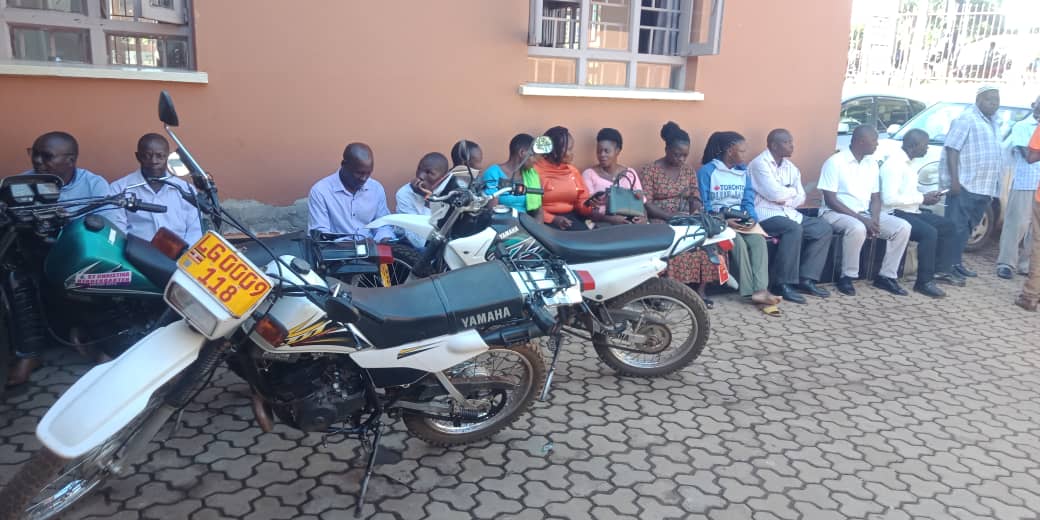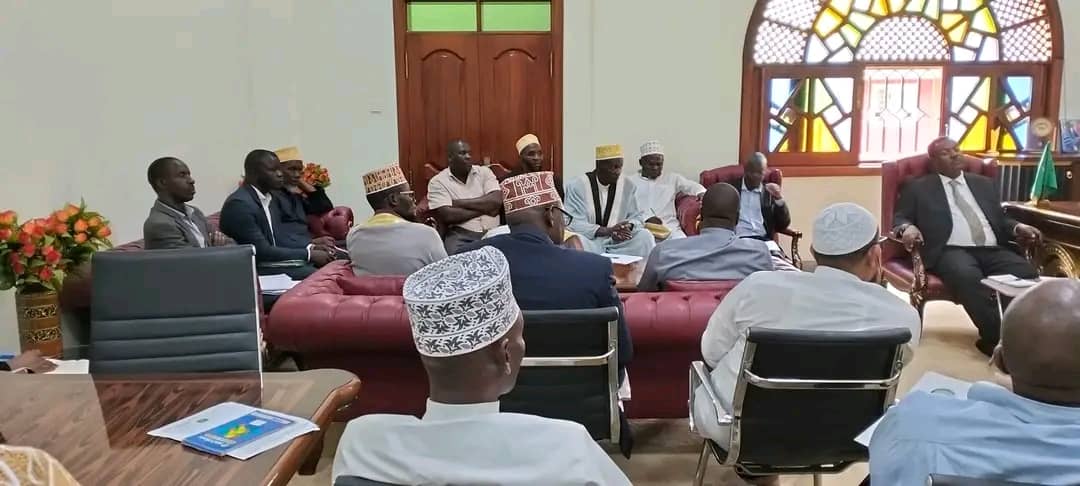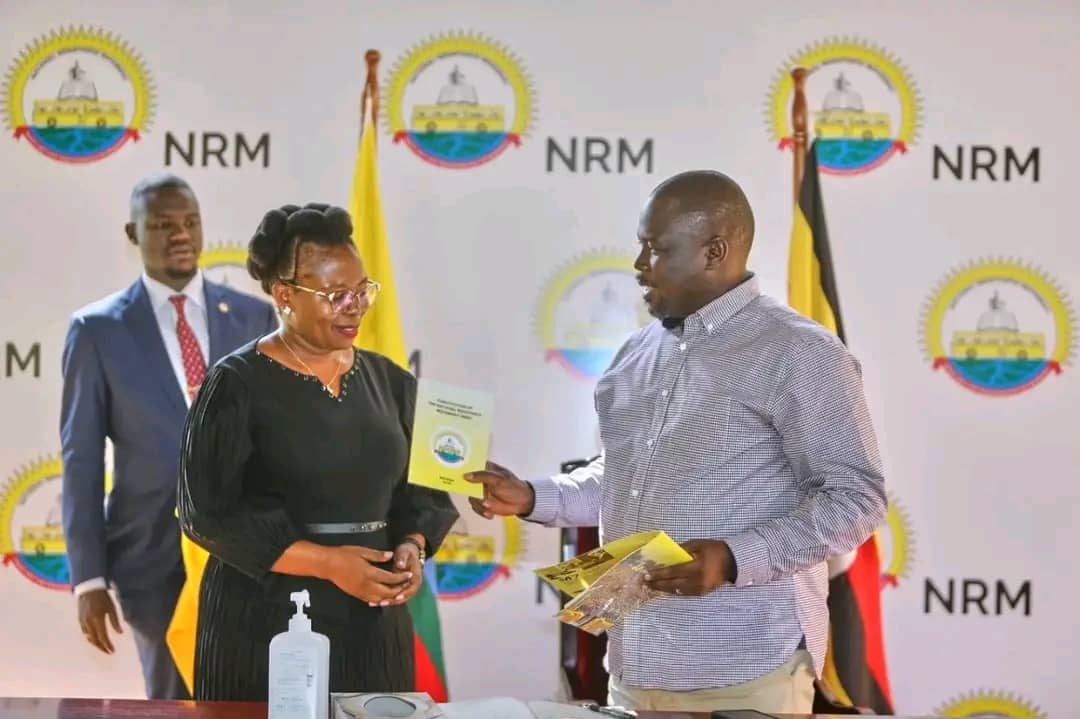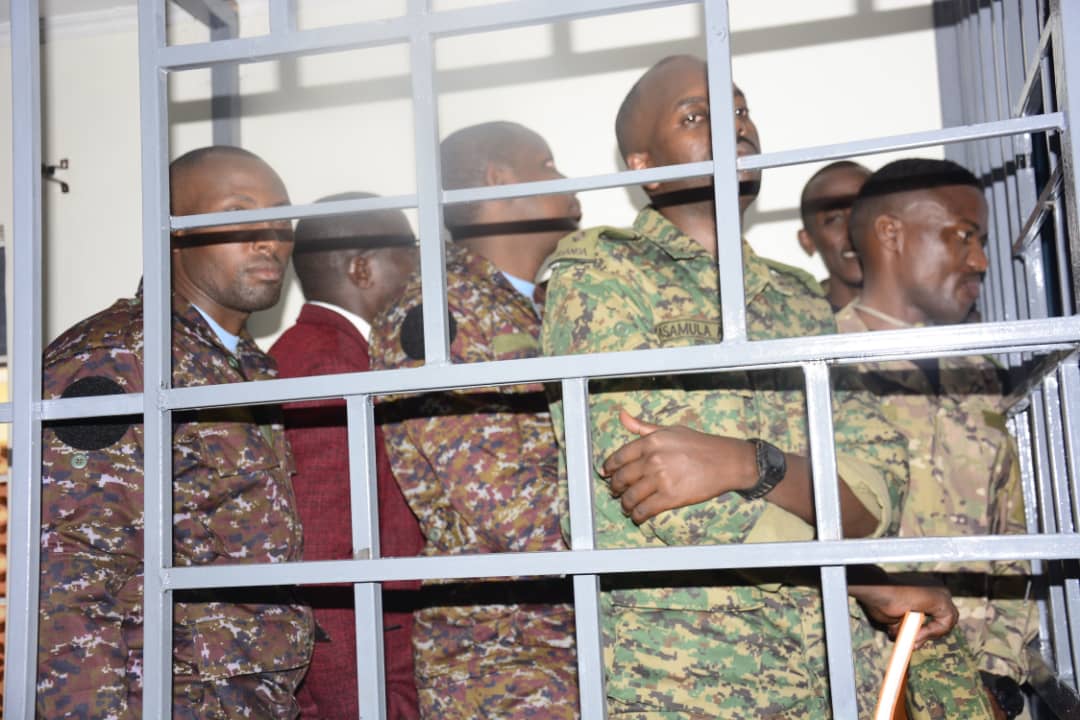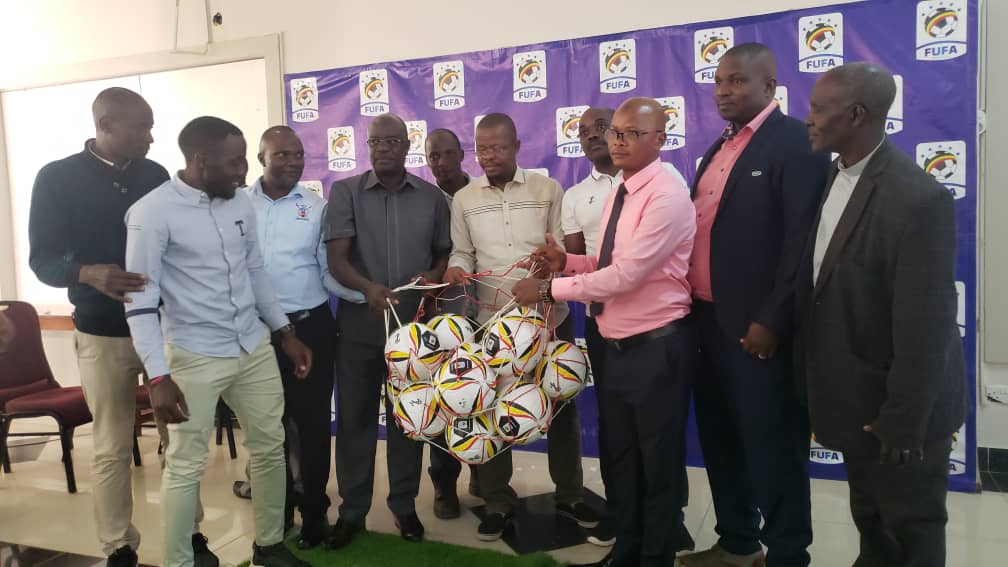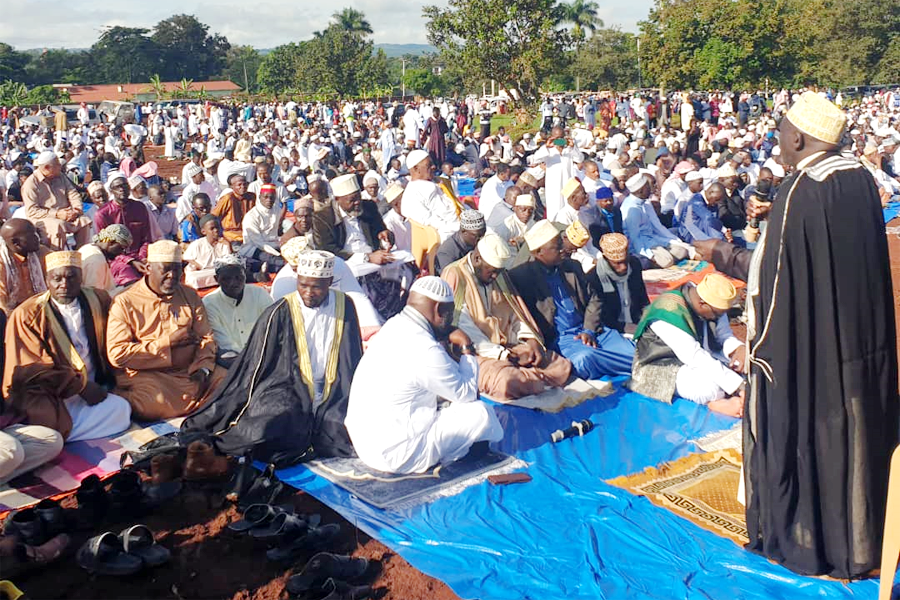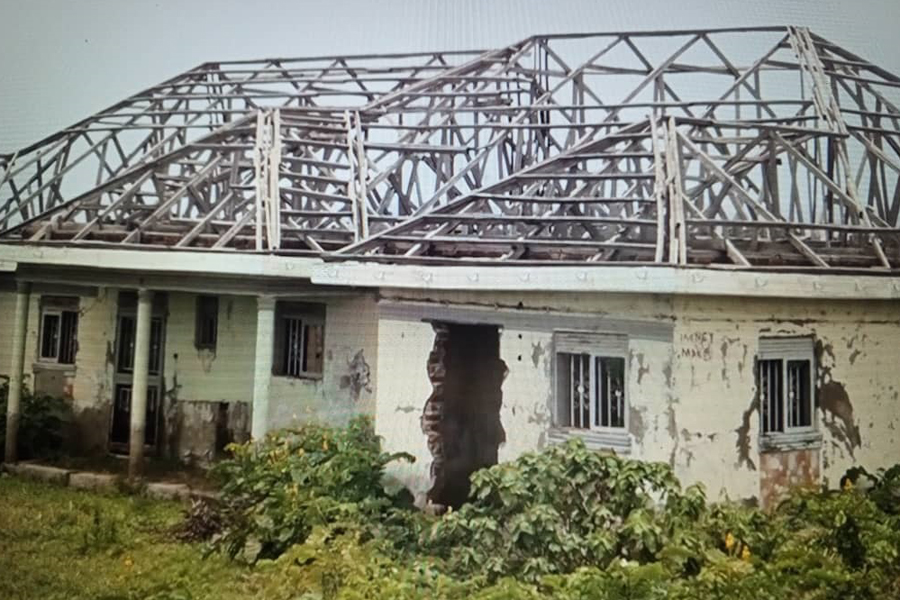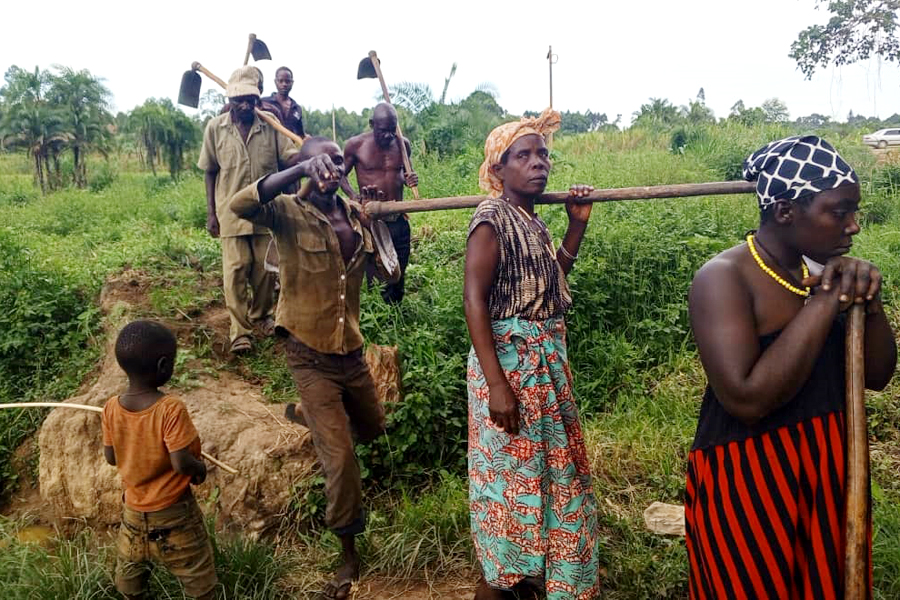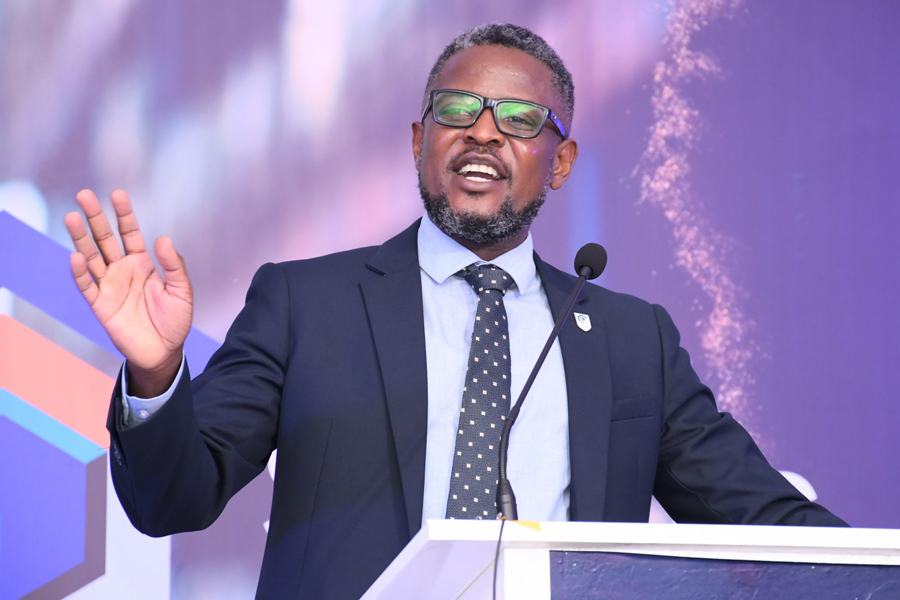SAM MAYANJA
The ground litters with the intellectuals who over the years have fallen out with the Mengo Establishment.
The late Prof. Apolo Nsibambi may not be the last of these great Ugandans.
Mengo emerges as systematically anaemic to any intellectual penetration which rises above its establishment thinking. Prof. Nsibambi was the latest joining a long line which in recent history can be traced from the late Matayo Mugwanya who in 1955 stood for election by the Lukiiko for the post of the Katikkiro of Buganda.
He was a man of great intellect, a Mulamuzi (Attorney General) of Buganda, had been regent during the Kabaka’s exile and who had played a major role in the negotiations which ushered a new constitutional dispensation in Buganda leading to the historical direct elections to the Lukiiko, election of the Katikkiro by Lukiiko and the return of the Kabaka from exile.
This would surely be the man to steer Buganda during this critical transitional period to electoral rule.
The other candidate was a Saza Chief of Singo county. Indeed, in the first ballot Mugwanya won. However, the Kabaka intervened on the side of the less endowed Michael Kintu through the dismissal of his nominees in the Lukiiko and the appointment of others who would vote for Kintu.
Through this manipulation of the electoral college, Mugwanya was robbed of victory and handed to Michael Kintu. Matayo Mugwanya sought solace through contesting a seat in the Lukiiko and was duly returned as the Member of Mawokota to the Lukiiko, beating another distinguished Ugandan Paul Muwanga (who later became Vice President of Uganda).
However, intellectual Mugwanya would not be allowed to take the Lukiiko seat and six months later, the Katikkiro wrote to him explaining that Mugwanya could not take his seat in the Lukiiko because he was a director of East African Railways and Habours!
Amazingly, there was no regulation barring membership of the Lukiiko on that ground.
To humiliate Mugwanya further, the Mengo establishment used their considerable leverage with the Colonial Government persuading it to deny permission to the White Fathers who had worked in collaboration with some Canadian Universities to build a University at Kisubi in 1956.
One of the grounds for the refusal was that the new university was to be called Mugwanya University!
There is no doubt that Uganda would be different today if a man of Matayo Mugwanya’s intellectual prowess and vision had not been robbed of leadership of Buganda at that critical moment in the country’s development.
More disaster was to follow when in December 1958, the first direct Lukiiko elections was held.
The newly elected Lukiiko had the task off electing the Katikkiro from within or outside its members as provided for in the Buganda Agreement of 1955. In Buganda, the growing educated class generally felt that the mildly educated Kintu, the incumbent Katikkiro was an old timer and would be a disaster for Buganda in the critical transitional phase of steering Buganda from colonialism to Independence.
They predicated disaster if the neotraditionalists led by Kintu, continued to head the Mengo Administration. Muwereza, which was one of the most influential newspapers of the day observed that, “If a mistake is made now in choosing that Katikkiro, we shall regret the choice for ever”.
However, unknown to the educated class, Kabaka Muteesa II, the head of the Mengo Establishment although a highly educated man, had this inexplicable fear of educated men.
The candidate they put forward was none other than Yusuf Lule.
He had impeccable credentials as an Administrator and one of the most highly educated Ugandans at the time having obtained postgraduate degrees from London and Edinburgh Universities in Britain at the end of the 1940’s.
As a Minister of Social Services in the Colonial Administration, he had travelled all over Uganda and was therefore known outside Buganda.
He was a man the educated Baganda wanted to be the Katikkiro.
But the Mengo establishment, with their fear of intellectuals who thought way above them considered this an unwelcome new development.
Their negative propaganda machinery was set in motion.
The educated Lule was denounced on several grounds; one of the most pronounced was that he was not patriotic enough which was the Kiganda version meaning undoubted royalty to the Kabaka. Muteesa II with his an explicable fear of the educated, had surrounded himself with men who were ultra loyalists.
They who had distinguished themselves as hunters and footballers. Hardly the kind of qualifications needed to act as advisors of the Kabaka on delicate political issues.
Unfortunately these men were his friends and advisors. Their advice to the Kabaka proved disastrous in the long run.
These men were the real desecrators of Muteesa’s Kingdom.
Relying on their advice, Muteesa used his considerable leverage in the Lukiiko and when the votes were counted, educated Yusuf Lule had lost to Michael Kintu.
This sealed the fate of Buganda. Uganda would have been a very different country today, if Lule had been chosen to lead Buganda at that critical transitional period.
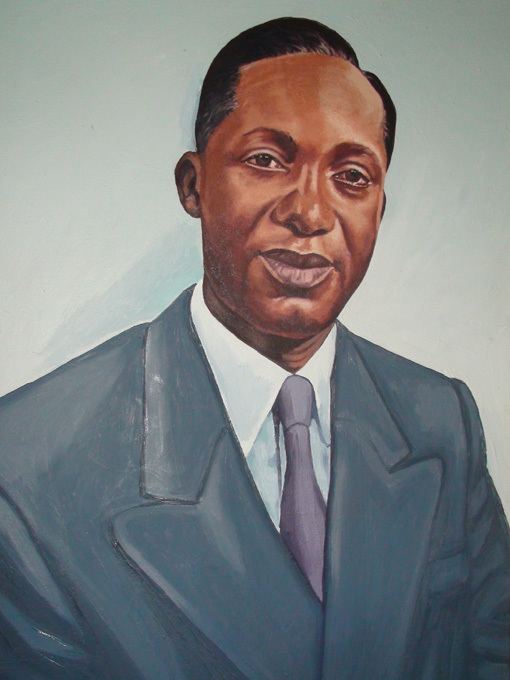 The author argues that Prof Lule was rejected by Mengo
The author argues that Prof Lule was rejected by Mengo
Prof. Nsibambi could not have been unaware of this history when he jumped into the Mengo establishment political arena ushered in by the National Resistance Movement era.
He must have believed that the changed times and a new generation had brought in a new thinking at Mengo.
He gave his whole to the task given him to negotiate for a Federo unit of administration for Buganda. He deployed all his intellectual prowess.
He used every opportunity in the Constituent Assembly to put the case for the “EBYAFFE”.
He discussed, begged, cajoled, persuaded and used his sense of what is possible to agree to compromises which were not far from what Buganda wanted but acceptable to the wider Uganda.
Thus when the Constituent Assembly declined to adopt the Federal System, and opted for the district in Article 176 as the administrative unit for Uganda, Prof. Nsibambi succeeded in persuading the Constituent Assembly to come up with a compromise position which catered for Buganda’s interest.
This compromise position was put in Article 178 of the Constitution where the districts of the region of Buganda among others, were “deemed to have agreed to form regional governments” and that the headquarters of the regional government of Buganda would be Mengo Municipality.
It should be noted that no Baganda delegate ever moved any motion regarding the position of Kabaka in Uganda. All efforts were deployed to Federal as an administrative unit. Although Federal need not have a monarch.
It was Prof. Nsibambi’s foresight that he moved the Constituent Assembly to enact a provision recognising the institution of tradition or cultural leaders in Uganda thus giving cultural leaders constitutional authenticity in article 246 and this extended to all areas of Uganda, “in accordance with the culture, customs, or wishes and aspirations of the people to whom it applies.”
This gave the Kabaka of Buganda who had earlier been installed without Constitutional legitimacy, the decency of Constitutional recognition which he enjoys today. In normal circumstances, Prof. Nsibambi would have been welcomed back to Mengo from the Constituent Assembly as a Hero.
He had however, unknowingly, done what is anathema to the Mengo establishment – to think far ahead of them.
His intellectual penetration, discernment and foresight were far above his contemporaries in the Mengo establishment.
He had not delivered the “Full federal”. They thus denounced him as a traitor. All kinds of insults were hulled at him. His books were discreted and his contribution to the Mengo Palace development thrown back at him.
Like the late Abu Mayanja had done in 1964 he resigned voluntarily removing himself from their midst and like Abu Mayanja had done decades ago, he had crossed the Rubicon.
The departure of Prof. Nsibambi from Mengo left the establishment with a leadership intellectual vacuum. There was nobody to help the Mengo Establishment in refocusing the Baganda visions, and their aspirations in order to fit in with the Uganda of today.
The inflexible positions which the Mengo establishment has been taking have not advanced the Kingdom’s interests. Blaming others for Buganda’s wars and misfortunes has not worked as a substitute for developing strategies for future cooperation with the Central Government.
With Prof. Nsibambi gone, there was nobody left to help Mengo liberate itself from the sterile, sloganeering and bitter debates about the author of the events which Mengo blames for its current state. Prof. Nsibambi ’s strategy was to forget the past and take a path for shaping a better united Uganda and avoid apportioning the blame.
He wanted to explain and record with sympathy, fairness and insight the issues and possible solutions of getting Uganda and Baganda on a path of harmonious living of all the diverse cultures in the country all on the path of economic development.
Once out of Mengo, President Museveni could not leave such talent untapped and invited Prof. Nsibambi to join government, rising through the cabinet ranks up to the high appointment of Prime Minister.
Until his retirement, Prof. Nsibambi proved himself to be an honest, tireless politician. Prof. Nsibambi also found time to put energy in his church in particular throwing whatever assistance he was capable of mastering into the rehabilitation of St. Paul Cathedral Namirembe.
He invited his friend and boss, President Museveni to lend a hand and His Excellency not only extended financial help but also personally inspected the work in progress and graced the inauguration of the now sparkling St. Pauls Cathedral Namirembe in person.
As a born again Christian, who walked the talk, he transited to that Biblical mansion whose latter glory is greater than the former, forever beholding with glorified wonder and excitement, the amazing grace of the real hand that rules the world – the Hand of God. Tukutendereza Yesu.
The author is a Senior Partner, Kampala Associated Advocates
Email: smayanja@kaa.co.ug
Website: www.kaa.co.ug


